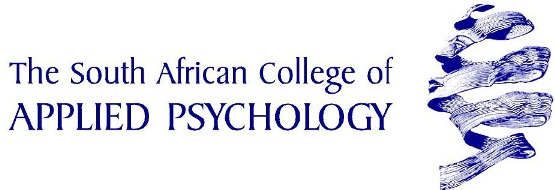Prerequisites: Counselling Skills 1
Module Purpose:
This module provides the student with the knowledge and skills for the effective intervention and management of crisis. Students learn to identify types of crisis and how to apply appropriate intervention strategies and techniques for counselling people in crisis. The theory and practice of crisis intervention is experientially presented and students learn how to assess, counsel and refer clients through simulated learning experiences. Students are expected to acquire self-knowledge in understanding their own limits for dealing with crises and appropriate the role of decision-making and creative options for helping others in crisis.
Module Content:
This module provides the student with the knowledge and skills for the effective intervention and management of crisis. Students learn to identify types of crisis and to apply appropriate intervention strategies and techniques for counselling people in crisis. The theory and practice of crisis intervention is experientially presented and students learn how to assess, counsel and refer clients. The following content areas are covered in this module:
- Identifying people in crisis: definitions, identifying behaviours, distinguishing between a “crisis” and other types of presenting problems, catalysts of crises
- The counselling role in dealing with crisis: contexts requiring crises counselling skills, parameters for the counselling role, skills and attributes for managing crises
- Crisis intervention strategies and techniques: agency policies and procedures, utilising supports, intervention strategies, the needs of clients in crisis, assessing ability to respond to client needs, recognising strengths and weaknesses and support needs of worker, determining an appropriate course of action
- Selecting and using crisis intervention techniques in the workplace: range of possible intervention techniques, communication techniques – verbal and non-verbal, methods for evaluating intervention techniques
- Crisis intervention and management skills: remaining calm under pressure, determining own limits and capacity to cope, providing creative options, setting realistic short-term goals, managing difficult clients in crisis, managing own stress and the use of debriefing, demonstrating techniques and skills
Outcomes:
On completion the learner will be able to:
- Identify people in crisis
- Describe the role of counselling in dealing with a crisis
- Identify intervention strategies and techniques for dealing with crises
- Identify intervention techniques for dealing with crises in the workplace
- Demonstrate the key skills for effective crisis intervention and management


No comments:
Post a Comment
Note: Only a member of this blog may post a comment.